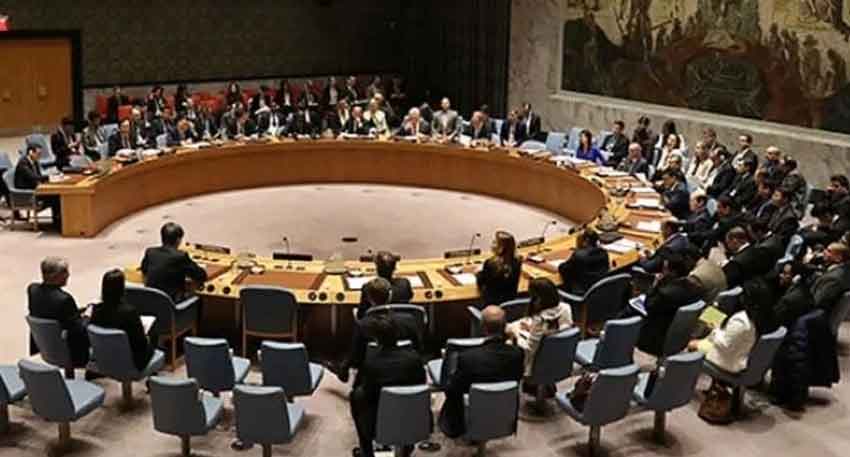
The committee is responsible for overseeing the implementation of Resolution 1373 (2001), which focuses on global counter-terrorism measures. The announcement was made in an official statement issued by Pakistan’s Permanent Mission to the United Nations.
Earlier, Pakistan was elected to the Security Council in June 2024, succeeding Japan in the Asian seat. Pakistan, a long-standing proponent of the UN Charter’s principles, has actively contributed to international peace and security.
Having endured over two decades of terrorism, Pakistan has lost more than 80,000 lives and sustained thousands of injuries in terror-related incidents.
The country has consistently raised concerns about India’s alleged support for militant groups such as Tehreek-e-Taliban Pakistan (TTP) and the Baloch Liberation Army (BLA), accusing New Delhi of sponsoring cross-border attacks.
Tensions between the two nuclear-armed neighbors have deepened further in the wake of the recent killing of 26 tourists in Pahalgam, located in Indian Illegally Occupied Jammu and Kashmir (IIOJK). India blamed Pakistan for the attack—a charge Islamabad categorically denied, instead offering an independent investigation and urging the international community to take note of India’s use of proxy groups to destabilize Pakistan.
Also Read: Bilawal slams Modi as “Temu version of Netanyahu” over Israel-inspired policies
In addition to its new role in the Counter-Terrorism Committee, Pakistan has also been appointed Chair of the UNSC Committee established under Resolution 1988 (2011), which oversees sanctions related to the Taliban.
In the latest UNSC elections held Tuesday, five countries—Bahrain, the Democratic Republic of the Congo, Latvia, Liberia, and Colombia—were elected to serve two-year terms starting January 1, 2026. They will replace Algeria, Sierra Leone, South Korea, Guyana, and Slovenia.




